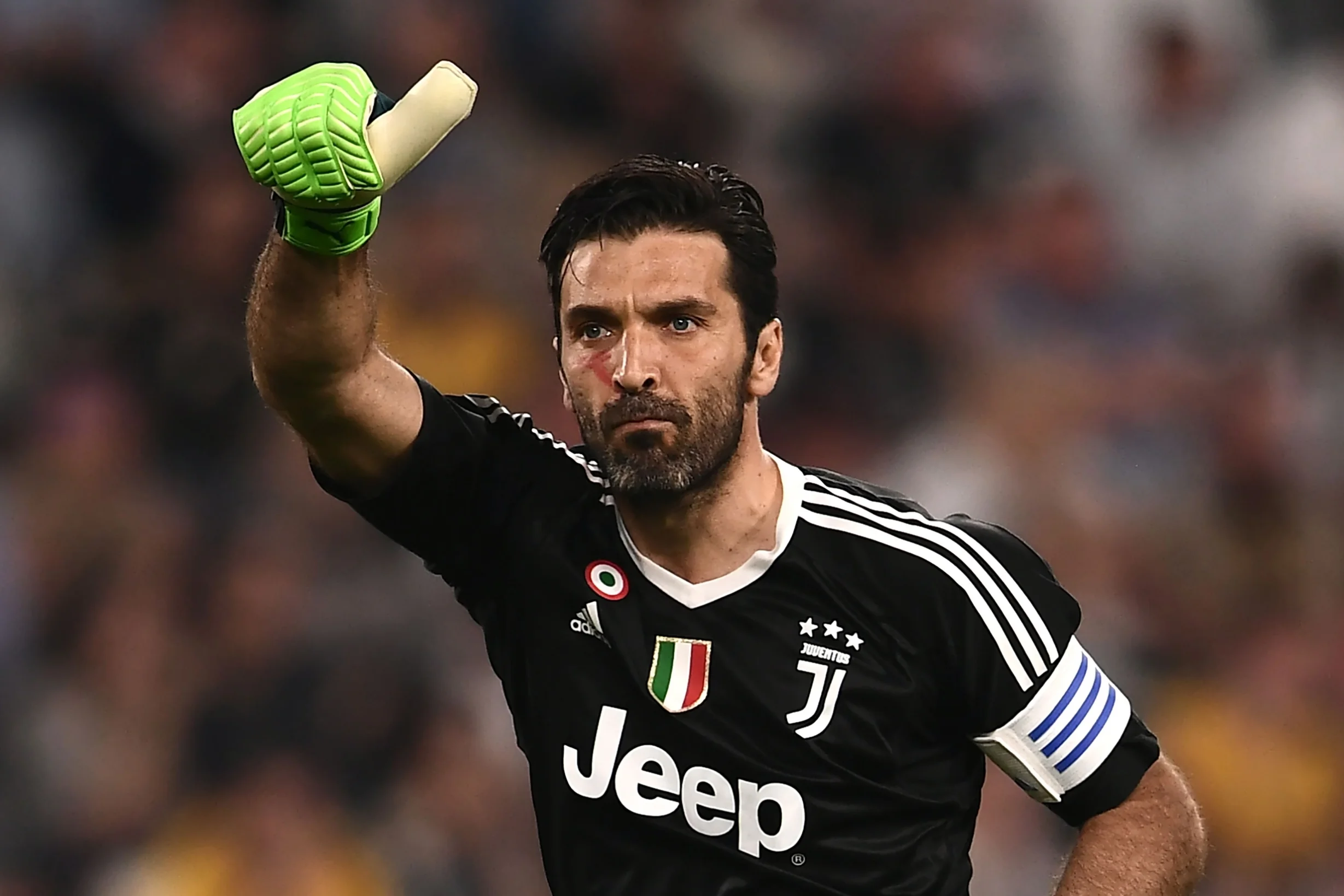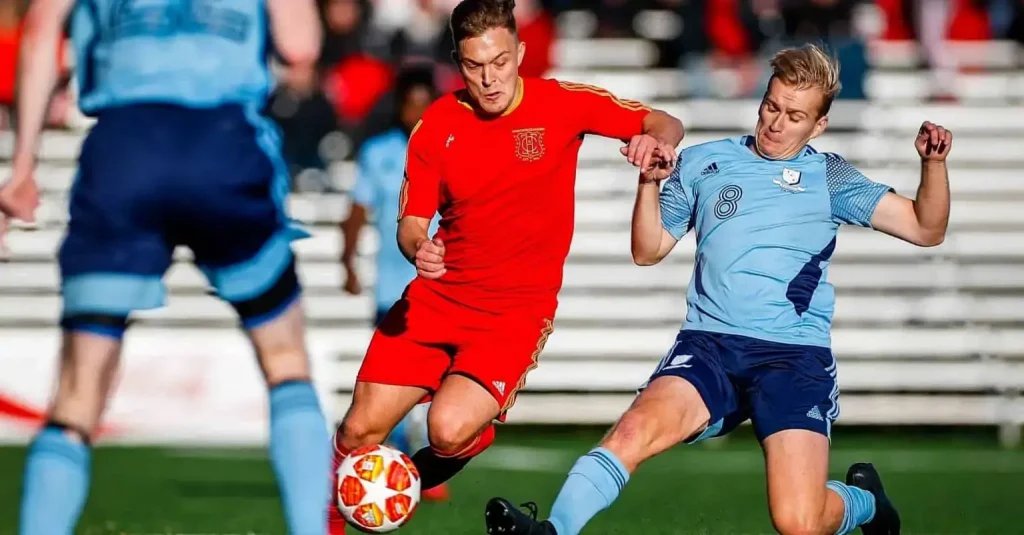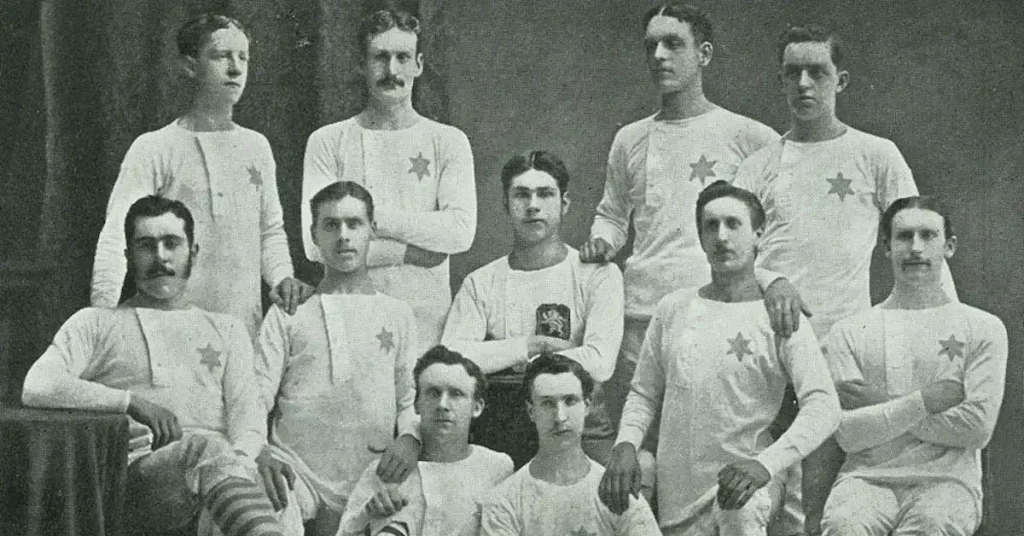With the dopamine fuelled high-octane life Soccer players live, it’s fair to say retirement is not a prospect relished by most.
It’s an inevitability, one most cast to the back of their minds until they have no choice but to stare it in the face.
There is no avoiding it, but some do a much better job than others. Retirement is welcomed in most walks of life, yet many who earn a living through soccer dread the day they hang up their boots.
At the same time however, retirement can entirely transform a player’s career. Mediocre players can become super stars through pursuing coaching.
Jurgen Klopp spent most of his career in the second tier of Germany, while the great Jose Mourinho only played Soccer in the lower leagues of Portugal.
Retirement needn’t be the end for Soccer players, but knowing when or how it might come is useful for even the most exuberant of ageing players.
So read on to see when to expect your favourite player to call it quits, or if a pro has found this in the midst of retirement anxiety, read on to put your mind at ease. Sometimes a great thing has to end for an even better thing to come along.
What Is The Average Age Soccer Players Retire?
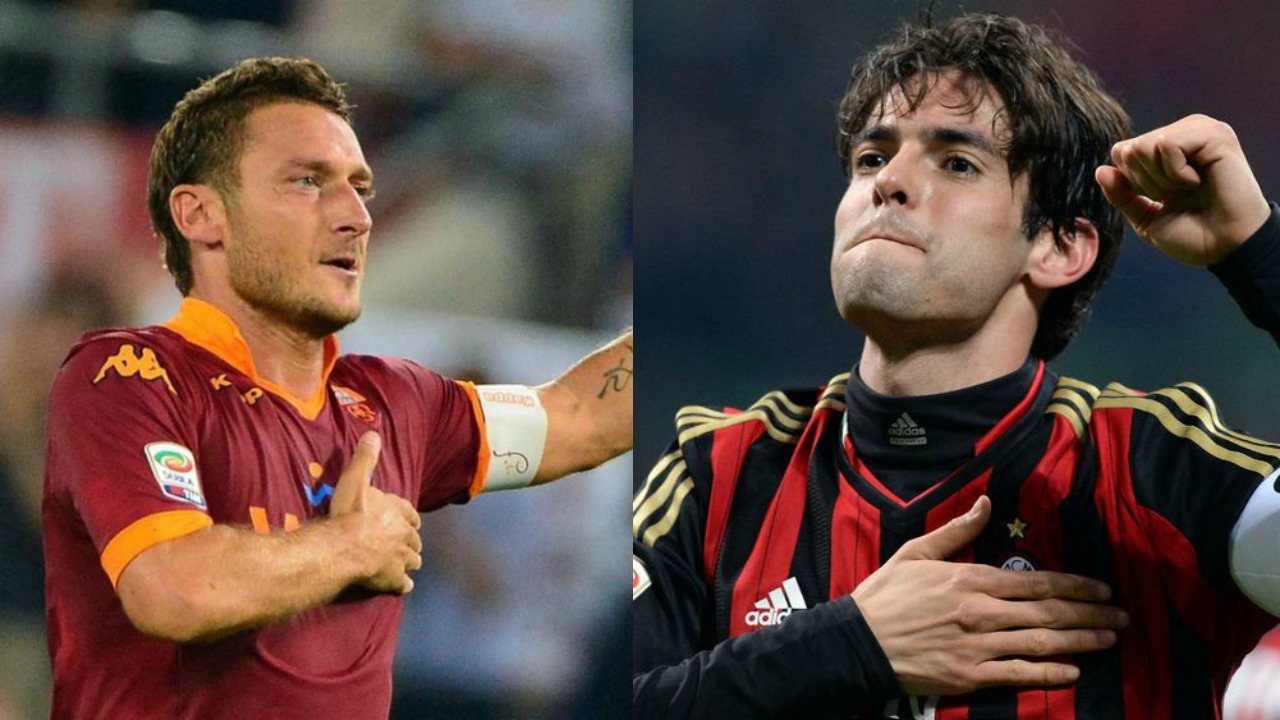
Which makes for a pretty short career. Most good players break into a decent senior team around 21, and start to wane ability-wise as they enter their 30s.
It’s a short stay at the top for many, with player’s typically enjoying their peak years between 24-30.
This may sound like a worrying start, but if a player is fit and healthy it’s much more likely they extend their playing days beyond 35. Many retire earlier due to injury or underlying health problems.
If a player is healthy, mentally and physically, then they can quite comfortably play into their early 40s.
But that sort of longevity is more common in some positions than others.
When Do Wingers Retire?
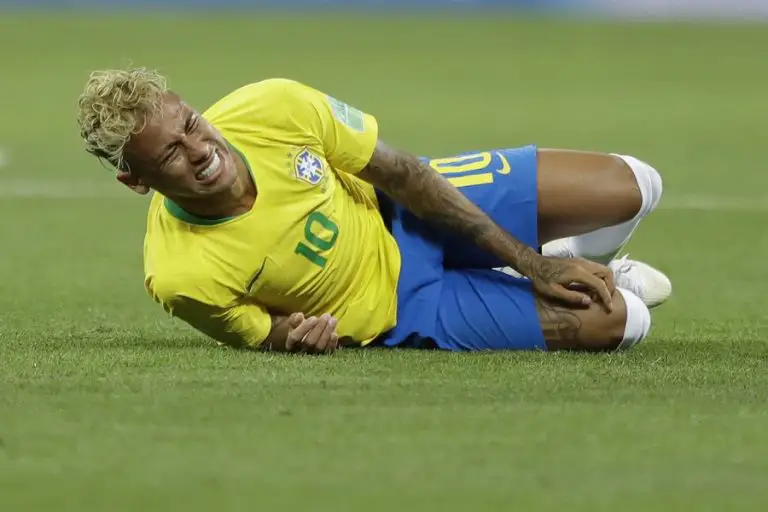
Talented young wingers are usually given more opportunity in their formative years than talented young defenders, so there is somewhat of a trade off for their shortened footballing lifespan.
This explosive start to their careers can even contribute to an earlier retirement.
Playing physically demanding soccer from such a young age takes its toll, something we’re seeing with the likes of Neymar, who has struggled massively with injury for the last few years.
He has played first team football since he was 17, playing and excelling beyond his peers from a young age.
I wouldn’t be surprised to see Neymar retire within the next few years.
As a counterpoint, there is of course the likes of Stanley Mathews, who played into his 50s as a winger.
The sport was very different during his time, retiring in 1965. By that point the sport had only just begun to experiment with more physically demanding playstyles.
Stanley Matthews has nothing on the 56 year old Kazuyoshi Miura however…
When Do Strikers Retire?
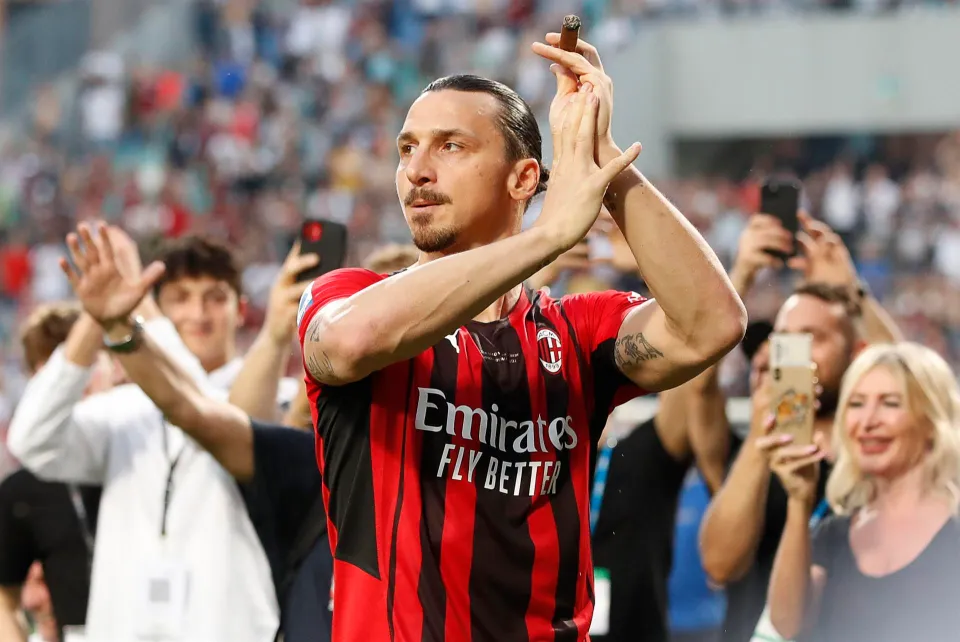
Of course there are plenty of exceptions to the role, especially with the abundance of pressing forwards in modern soccer, but I’m talking about strikers close to retiring/ are retired.
The popularity of these hard working pressing forwards has only come to light in the last 5 years.
Typically, forwards can last longer than wingers due to less importance placed on their pace, agility and dribbling skills. If they can take their chances, they can do their job.
Without much importance placed on defensive duties, they don’t need to run as much either, so losing a yard or two of pace and losing some stamina isn’t the worst thing in the world.
Strikers on average retire around the age of 36, but for some 36 is part of their peak.
Ibrahimovic scored 34 in 64 at Ac Milan between the ages of 39 and 42. A unique achievement, but perhaps not as unusual as many would think.
While Zlatan is among the most extreme examples, the likes of Olivier Giroud, Cristiano Ronaldo, Karim Benzema and Cristhian Stuani have enjoyed some brilliant performances, despite being the wrong side of 30.
It really depends on an attacker’s skillset and play style however. You may have noticed all of the listed forwards are 6 ft or above, but height and physicality aren’t the only factors that contribute to long careers.
Ribery, Robben and Messi played well into their late 30s, with the latter expected to continue for a few more seasons.
These 3 may have been wingers, but they managed to extend their playing careers by adapting as they aged.
They played different, less physically demanding roles as they aged, whilst learning skills that were less reliant on their dwindling pace and stamina.
When Do Defenders Retire?

This is why defenders so often make good managers. There is a huge emphasis on the tactical side of the game when coaching defenders, with understanding both how teams will play offensively, and how to defend themselves drilled into them from a young age.
As defenders are typically the slowest players on the pitch (except for goalkeepers) losing pace is less impactful than in the midfield. Some defenders can continue to develop as players well into their 30s, as they grow as leaders, and their mental attributes further develop as they mature.
The great Paulo Maldini retired at 41, spending his whole career at Ac Milan, turning out 30 times in his final season.
But, full-backs, who have more physically demanding roles, as they run a lot more typically retire a few years earlier.
When Do Midfielders Retire?
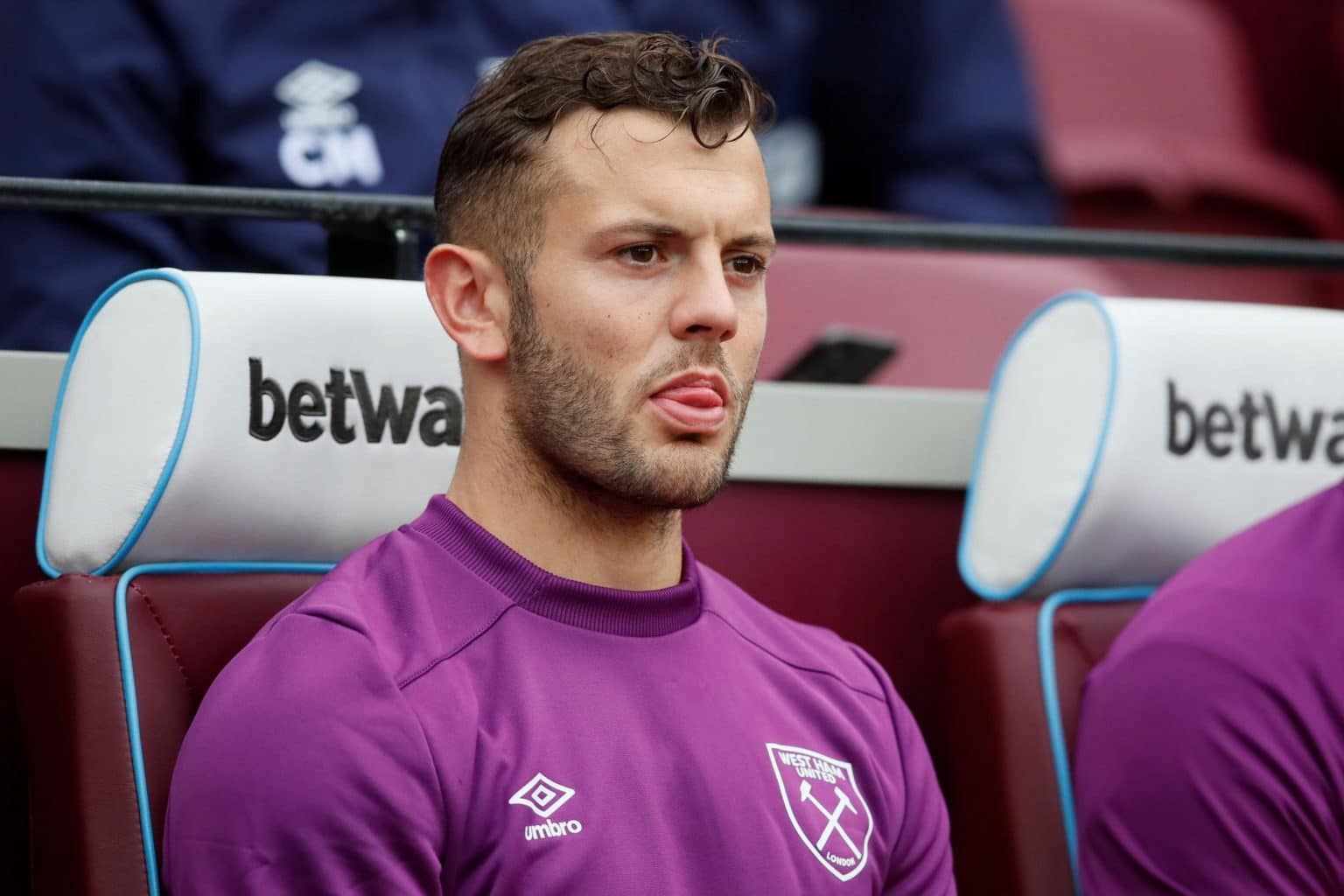
But then midfielders tend to retire due to injury more than any other position. You only need to look at Jack Wilshere, Jamie Redknapp and Emmanuel Petit to name just a few of the high-profile midfielders to retire early.
You can cherry pick and find examples for any position of course, but the midfield is arguably even more physically demanding than the winger.
Midfielders, however, usually have more attributes to fall back on when the physical side of their game begins to falter.
When Do Goalkeepers Retire?

Finally, the oldest average retirement, the goalkeeper.
With it completely normal to see keepers play well into their 30s and push beyond the 40 barrier, goalkeepers retire at around 39 years of age, with many pushing beyond that boundary.
The legendary Gianluigi Buffon only retired at the end of last season aged 45, and despite his advanced age, was still making big saves on a regular basis for his boyhood club Parma.
Goalkeepers’ only real decline that comes with age is their reflexes. Reaction times decrease with age, but I can safely say Gianluigi Buffon’s reflexes at 45 will be far better than many professional keepers 15 years younger.
Keepers retire much later simply because they run the least.
Their job is less physically demanding, and their body suffers less as a result.
Much like with defenders, experience with age means goalkeepers can continue to improve well into their 30s, and enjoy their best seasons much later than other players

